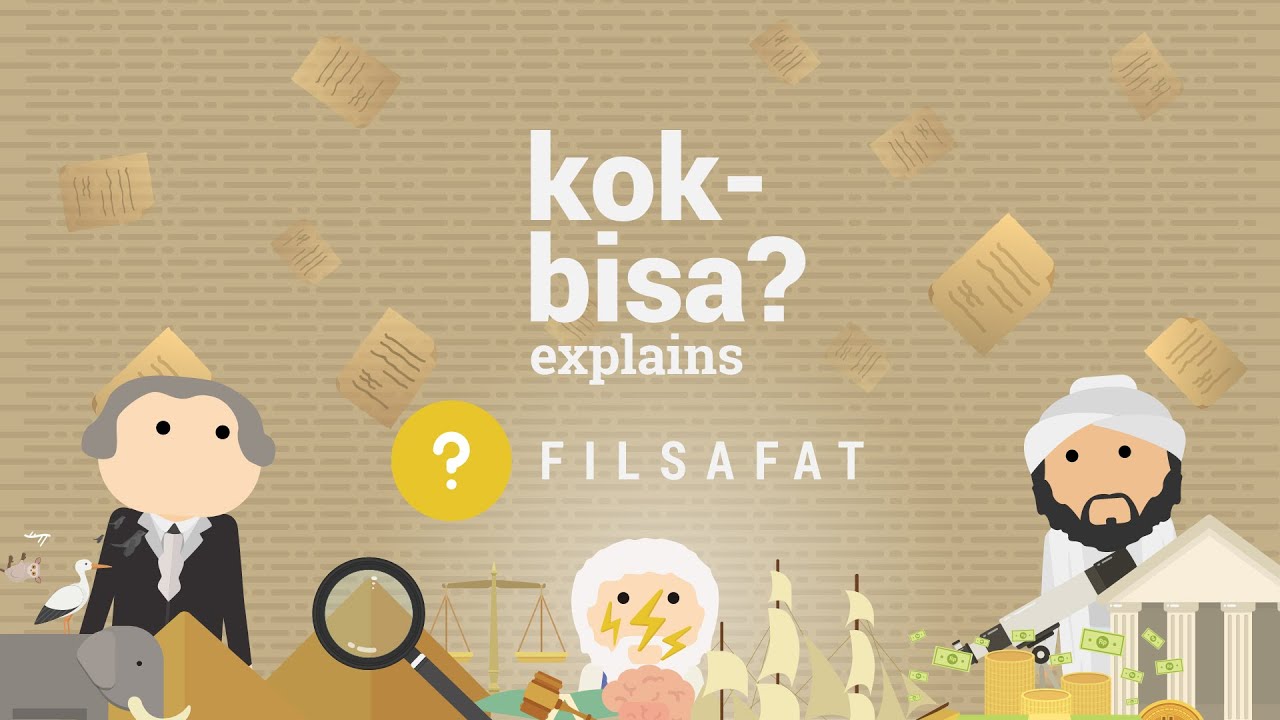TEDxOverlake - Dr. Sara Goering - Philosophy for Kids: Sparking a Love of Learning
Summary
TLDRPhilosopher Tatjana Jevdjic advocates for teaching philosophy to children, highlighting their innate curiosity and ability to ponder deep questions. She discusses the nature of philosophical inquiry, including questions about freedom, morality, and the meaning of life. Jevdjic emphasizes the importance of engaging children with thought experiments and puzzles to develop their critical thinking, creativity, and philosophical awareness, ultimately enhancing their cognitive and behavioral skills and reinvigorating their passion for learning.
Takeaways
- 🧠 Philosophy is often perceived as an abstract and complex discipline, yet children are natural philosophers who ask profound questions about the world and their place in it.
- 🤔 Philosophical inquiries delve into existential questions such as freedom, determinism, morality, and the meaning of life, challenging us to examine our fundamental assumptions.
- 👶 Children are particularly adept at asking philosophical questions, unlike adults who may have become less inquisitive due to ingrained beliefs and assumptions.
- 🏫 The educational system often overlooks philosophical questions due to the ambiguity of answers and the difficulty in measuring them through standardized tests.
- 📚 Introducing philosophy to children can be done through thought experiments, puzzles, and children's literature, which are engaging and accessible ways to stimulate philosophical thinking.
- 🤝 Philosophical discussions can help children develop cognitive skills like critical thinking, creativity, and the ability to construct and evaluate arguments.
- 🌟 Engaging with philosophy can also foster behavioral skills, such as respectful disagreement and active listening, which are essential for constructive dialogue.
- 🌱 Philosophy for children is empowering, as it encourages them to explore difficult questions and seek answers, fostering a sense of autonomy and intellectual growth.
- 📈 Studies have shown that children who engage in philosophical activities perform better on standardized tests measuring critical thinking and language skills.
- 🎓 The integration of philosophy in education can reignite a passion for learning, demonstrating the relevance and value of philosophical inquiry in a child's educational journey.
Q & A
What is the common reaction people have when they find out someone is a philosopher?
-People typically react with a mix of awe and fear, impressed by the deep and profound nature of philosophy but also apprehensive about having to defend their own beliefs.
Why do people often doubt that children can engage in philosophy?
-Philosophy is perceived as a complex, abstract, and rigorous discipline, leading many to believe that children lack the capacity to participate in it.
What kind of questions do philosophers ask, according to the speaker?
-Philosophers ask questions about the nature of the universe, our place in it, concepts of freedom, the nature of right and wrong, the meaning of life in the face of mortality, and whether one can be certain they are not dreaming.
How do children naturally engage with philosophical questions?
-Children are very inquisitive and often ask philosophical questions on their own, such as about the origins of numbers, the reasons for hatred and wars, and even existential questions like who created God.
Why do adults have a harder time asking philosophical questions compared to children?
-Adults have a harder time because they have already made fundamental assumptions about the world and their place in it, which they are reluctant to question or re-examine.
What is the role of educators in fostering philosophical thinking in children?
-Educators should help children explore and find answers to their philosophical questions, providing them with the tools to think critically and creatively about their world.
Why are philosophical questions often not addressed in the current educational system?
-Philosophical questions are often not addressed in schools because they do not lend themselves to standardized testing, and teachers may not be trained to facilitate discussions on such ambiguous topics.
How does the speaker suggest introducing philosophy to children?
-The speaker suggests using thought experiments, philosophical puzzles, and children's literature to engage children in philosophical discussions, rather than assigning complex philosophical texts.
What are the three main goals of teaching philosophy to children?
-The three main goals are to enhance cognitive skills such as critical thinking and creativity, to develop behavioral skills like respectful disagreement, and to cultivate philosophical awareness skills, empowering children to understand and answer philosophical questions.
What benefits have been observed in children who engage in philosophical discussions?
-Children who engage in philosophical discussions have been observed to perform better on standardized tests related to critical thinking and language literacy, and they often show a reinvigorated love for learning.
Outlines

هذا القسم متوفر فقط للمشتركين. يرجى الترقية للوصول إلى هذه الميزة.
قم بالترقية الآنMindmap

هذا القسم متوفر فقط للمشتركين. يرجى الترقية للوصول إلى هذه الميزة.
قم بالترقية الآنKeywords

هذا القسم متوفر فقط للمشتركين. يرجى الترقية للوصول إلى هذه الميزة.
قم بالترقية الآنHighlights

هذا القسم متوفر فقط للمشتركين. يرجى الترقية للوصول إلى هذه الميزة.
قم بالترقية الآنTranscripts

هذا القسم متوفر فقط للمشتركين. يرجى الترقية للوصول إلى هذه الميزة.
قم بالترقية الآنتصفح المزيد من مقاطع الفيديو ذات الصلة
5.0 / 5 (0 votes)






